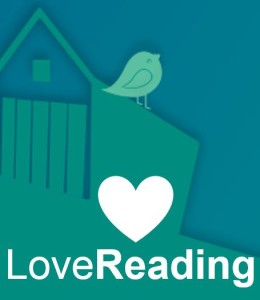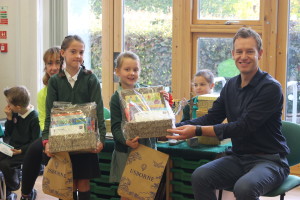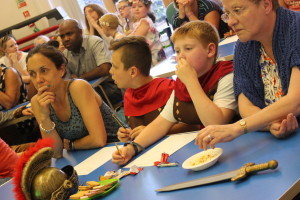Reading: A School Priority
During the 2016 summer term, a school analysis of reading records and school attainment data indicated a direct correlation between pupils who read regularly at home and pupils who achieved expected or higher than expected outcomes. A one day audit of reading records took place, with a particular focus on upper KS2. Year 6: 100% of girls were reading regularly. 25% of boys were reading regularly. Year 5: 25% of girls were reading regularly. 20% of boys were reading regularly. The data indicated that there was a culture of not reading regularly at home for some pupils. School Leaders identified that this culture needed to change as reading underpins all aspects of our school’s broad curriculum.
From 2017, as a whole school community, we have focused on encouraging children to regularly read at home to foster a love of reading. We implemented a number of strategies which included: gathering feedback from parents/carers and pupils, staff leading reading cafés for parents/carers; initiating a reading challenge for all pupils with clear guidance and expectations for parents/carers; organising author visits; visitors from our local libraries; celebrating World Book Days; and enabling pupils to experience the magic of classic literature through live theatrical productions performed in our school hall! Recent productions have included the Hobbit (2018), Alice in Wonderland (2020) and Treasure Island (2021).
Impact:
- Since introducing our Reading Challenge in 2016, we have seen an upward trend in the percentage of children in Year 6 who achieve the ‘expected standard’ in reading.
- Our children’s average scaled score in 2019 was 105.5 which was above the national average of 104.4.
- 100% of parents/carers agreed that the school’s focus on reading has had a positive impact on their child’s reading at home and supported their progress! (July 2019 Parent/Carer Survey)
- 95% of pupils said they enjoyed reading! (July 2019 Pupil Survey)
- 88% of pupils read regularly at home consistently throughout the whole year (July 2019 data)
Going forward, we are developing clear developmental reading pathways for all children. This includes support for speech and language development which is vital to enable children to make progress with their phonics and sounds. School Leaders are also working closely with our local pre-school and nursery to promote and support children’s early language development.









